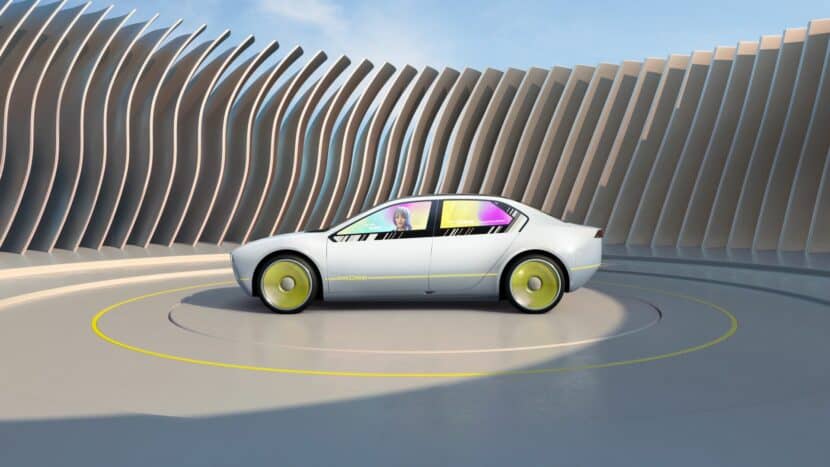During a conference call focused on BMW’s quarterly statement, CEO Oliver Zipse announced an upcoming preview of the next generation of electric vehicles. Set to debut on September 2nd, the Vision Neue Klasse will be an exciting concept car, building on the success of the 2021 i Vision Circular and the 2023 i Vision Dee. The public will get its first glimpse of this new showcar during the IAA Mobility show in Munich the following week.
Zipse assured participants that the new concept car is remarkably close to standard production, making it a reliable indicator of what we can expect in 2025. BMW plans to commence production of the first models on the NE architecture in 2025 at the newly established Debrecen plant in Hungary. Subsequently, Munich and Shanghai will follow suit a year later. Additionally, the luxury brand has already confirmed its intentions to assemble NE-based vehicles in San Luis Potosi and Spartanburg in the latter half of the decade.

BMW is taking the lead with its new lineup of electric vehicles, which will include a sedan and a crossover in the 3 Series segment. These vehicles, akin to a globally available i3 (currently exclusive to China) and the next-generation iX3, will be powered by cylindrical batteries that promise impressive improvements. Specifically, they will deliver a 20% increase in energy density while reducing weight by 20%.
BMW’s sixth-generation battery technology is set to revolutionize the EV market with its numerous advantages. Notably, it will offer 30% faster charging speeds, 50% lower production costs, and an impressive 60% reduction in CO2 emissions during the manufacturing process.
To cater to different vehicle types, BMW is developing two battery sizes. SUVs will be equipped with 120-mm tall cells, while smaller vehicles will feature 95-mm cells. Both battery types will substantially increase the range compared to the current generation of EVs, with an expected improvement of up to 30%. However, the company has clarified that it is not planning to pursue a range of more than 1,000 kilometers (621 miles), as it would be excessive.
In terms of charging, the efficiency of these new batteries is remarkable. Spending just a minute at a charging station will provide an additional range of 30 miles (48 kilometers). Moreover, a mere 12 minutes of charging will be sufficient to replenish the battery from 0% to 95%. Even after a decade of use, the batteries are projected to retain 80% of their original performance, showcasing their durability and long-term viability.
